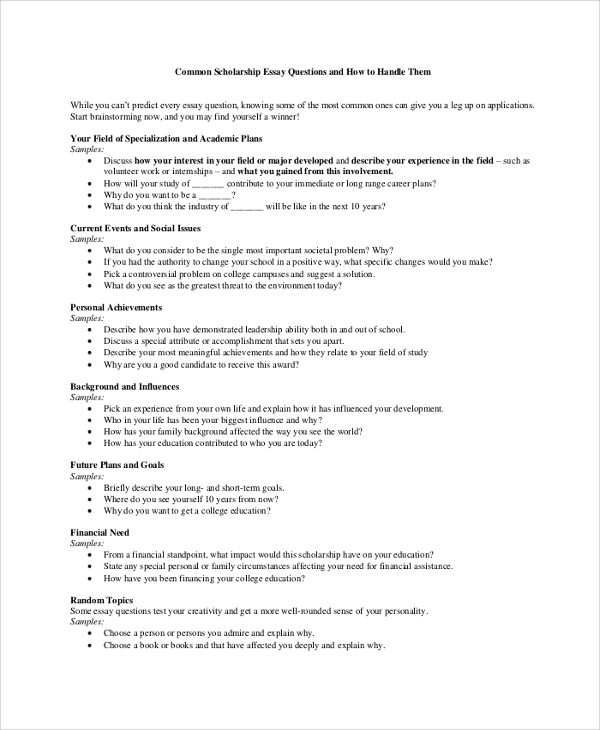If you’re wondering how immigrants help the economy, this article is for you. You’ll learn about the taxes immigrants pay and how it affects the wages of native-born workers. You’ll also learn about the economic benefits immigrants have brought to the United States. Here are some tips to help you write your essay on this important topic. Read on to learn more! And, be sure to share your thoughts with us! We’d love to read your essays!
Contribution of immigrants to U.S. economy
Immigrants contribute to the U.S. economy in many ways. Immigrants work in high-wage jobs, including those in the health care field, and they are overrepresented in some middle-wage occupations. For example, immigrants make up 16 percent of the labor force and are heavily represented in computer software development. They also pay taxes, including federal income tax, social security tax, and state income tax.
As of 2012, approximately one million new immigrants arrived in the United States every year. That represents about thirteen per cent of the total population, down from more than fifteen percent in the early 20th century. In contrast, immigrants were disproportionately underrepresented among native-born Americans before 1965, when mass immigration increased their numbers. Immigrants also make a significant economic contribution, as their wages are higher than native-born American workers.
Taxes paid by immigrants
Every year, immigrant households pay billions in taxes to the United States. In 2017, immigrants paid $405 billion in federal taxes, compared with $104.6 billion in state and local taxes. These immigrants contribute vitally to the economy by paying taxes to support local schools, Social Security, and Medicaid. These immigrants also contribute to local property taxes. In fact, immigrants in California alone contributed over twenty-eight percent of the state’s total tax revenue.
The economic contribution of immigrants is estimated to be between $2.3 billion and $4 billion per year. In addition to federal and state income taxes, they pay property and excise taxes. Some immigrants also pay matching employer taxes, which total between $121 million and $243 million per year. Some people might question the economic value of these contributions. In fact, they help the economy in more ways than one way. In fact, unauthorized immigrants contribute millions of dollars to the economy every year.
Impact of immigration on wages of native-born workers
Most economic studies conclude that immigration has no or little effect on the wages of native-born workers. One study, by the Pacific Policy Institute, estimated that immigration caused a 4% increase in the real wages of the average native-born worker in California. The most significant competition faced by native-born workers from other countries is among low-wage workers. Yet, most studies show no negative impact of immigration on wages of low-wage workers. As such, most Californians consider that immigration actually benefits the labor market.
While the effects of immigration on wages vary by race, the overall impact is consistent. Immigrants, on average, lower wages than native-born workers in low-skilled occupations. Low-skilled occupations, where immigrants comprise up to 15 percent of the labor force, are most affected by immigration. On average, immigrants’ labor-force contributions decrease native wages by 12 percent – or $1,915 per year. However, this effect is not limited to cities with high numbers of immigrants.







